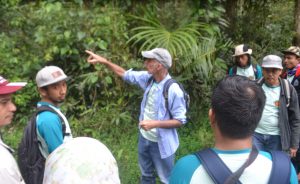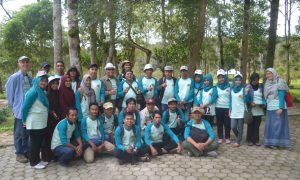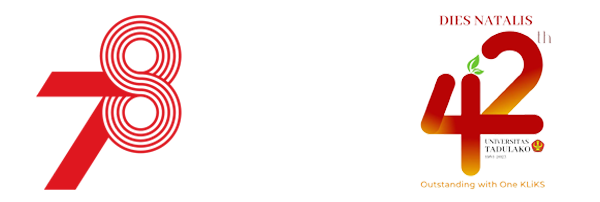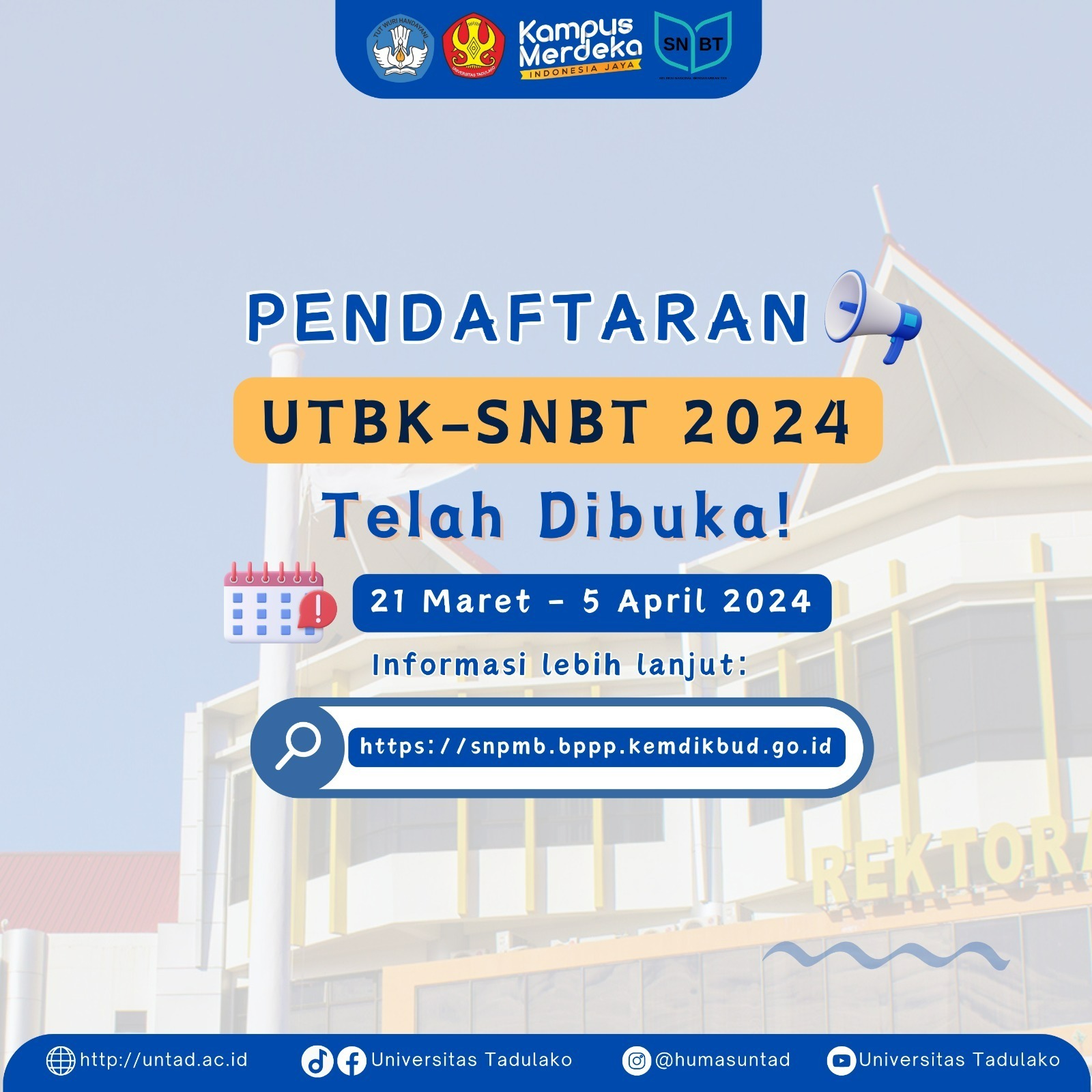In order to boost more international research development and collaboration, Tadulako University (Untad) collaborated with AMINEF Fulbright USA by organizing Training Course on Palm of Sulawesi, took place on January, 23rd-24th, 2018 in Untad Media Center building and Tambing Lake, Poso Regency.
In his speech, Prof. Ir. Andi Lagaligo Amar, M.Sc., Agr., Ph.D., as the vice rector for planning and supervision affairs of Untad, gave a very warm welcome to Dr. Andrew Henderson who came from New York, US.
“Dr. Andrew Henderson is a very familiar and special person to Untad since we have been working together for many years. To Mr. Henderson, welcome back to Palu. He is a Palm trees-specialized scientist who had travelled all over the world to study Palm trees. Currently, Dr. Andrew received an opportunity to conduct a research in Central Sulawesi. Our region is blessed with rich biodiversity. Thus, I hope by joining in this event, the trainee can learn as much as possible. In this moment, we also thank the Head of International Office, Prof. Marsetyo, and Prof. Ramadhanil as the head of the committee who has worked hard to hold these two days training,” said Prof. Andi in his speech.
In the same moment, Prof. Ir. Marsetyo, M.Sc.Ag., Ph.D., as the Head of International Office, elaborated the objectives of the Training Course on Palm in Central Sulawesi.
“This event aims at strengthening international collaboration between Untad and New York Botanical Garden and enhancing the capacity of Untad academicians specifically on Palm. As a result, Untad will have many palm experts. The training held today is a cooperative work between Mathematics and Natural Science Faculty, International Office, AMINEF Fulbright USA, and New York Botanical Garden. The event will concern more on identification aspects and it is a very interesting topic because geographically, Central Sulawesi is unique as it is located in Wallace line which is well-known for the endemic plants. Through two days training, we will go more deeply into the study of the Palm, definitely with the expert, Dr. Andrew from New York Botanical Garden,” said Prof. Marsetyo.
On the first day of the Training Course on Palm, Dr. Andrew explained the potential of the palm plantation in Central Sulawesi.
“Indonesia is the world’ biggest producer of palm oil. Palm oil is a basic ingredient in making daily meals and producing processed foods such as chocolates, biscuits, cosmetics like lipstick and even sanitary products like soap and detergent, and so many more. Besides, palm trees, especially coconut is a popular plant existing in more than 90 countries. Among others, Indonesia is the world’s top producer of coconut. For this reason, it is significant to conduct a deeper research of palm trees,” said Dr. Andrew.


After the first day of training, the participants went to Tambing Lake in the next day to directly observe the location of palm plantation.
Visited in the research area, Prof. Dr. Ramadanil Pitopang as the Head of the Committee and the Vice Dean of Mathematics and Natural Sciences Faculty for Academic Affairs confirmed the details of agenda of the Training Course on Palm of Sulawesi.
“In the second day of training, we introduced the participants a biodiversity of palm including rattan and areca nut. Here, we also conducted a co-research between Untad and New York Botanical Garden. Sulawesi is well-known an island for biodiversity, even several types of palm only exist here (endemic plants). However, according to the the scientists, about 60% varieties of endemic palms growing in Sulawesi, specifically in Central Sulawesi are not identified yet. There are more than 30 species of rattan and palm in our area and there are ten new variety of palm which are not categorized yet,” said Prof. Ramadhanil.
Prof. Ramadhanil explained that Dr. Andrew is a palm taxonomy specialist researcher from New York Botanical Garden who has a lot of study experiences around the world. He also reported, on October 2017, his team found a new variety of palm and they named it ‘calamus tadulakoensis’. The finding is located in Luwuk and they have wrote and submitted the journal and now it is in the process of publishing.
The training were participated by the students of Untad, Lore Lindu National Park, academicians of Untad and supported by AMINEF Fulbright USA.




